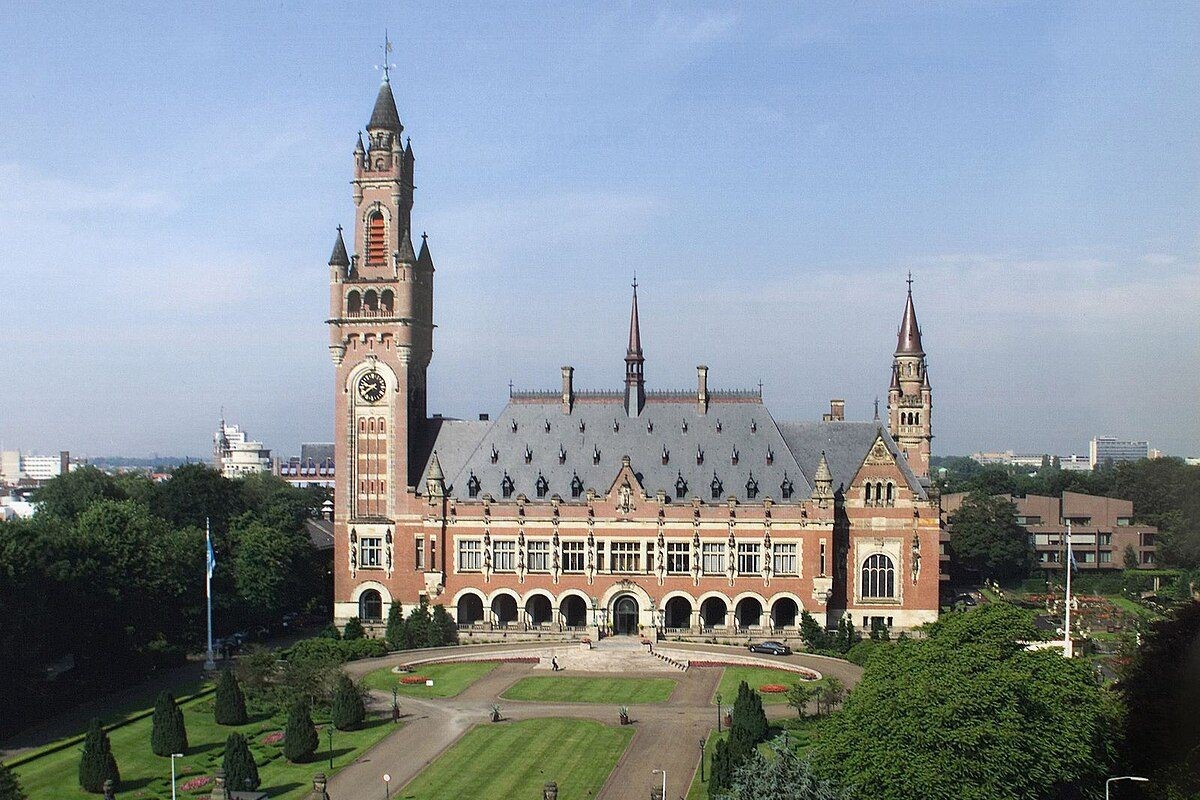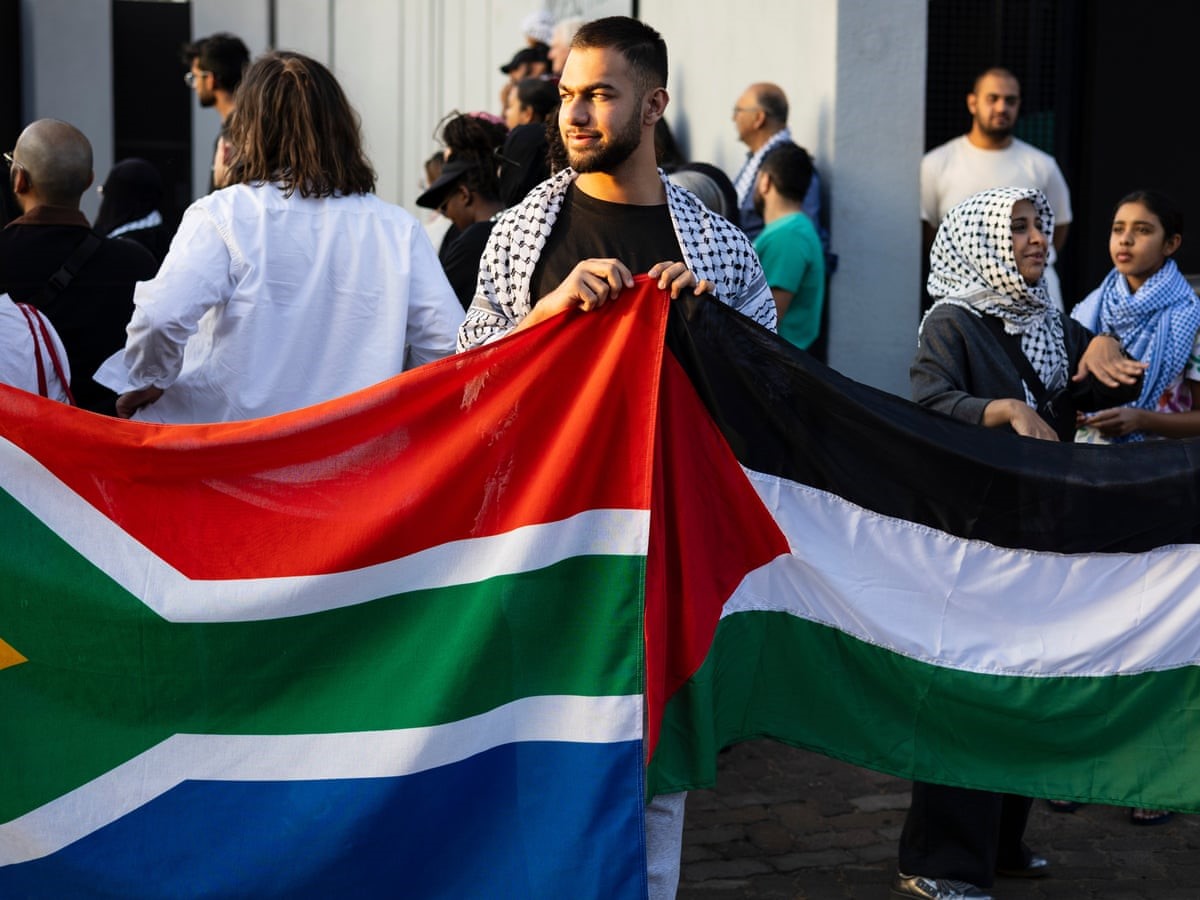The International Court of Justice (ICJ) announced Tuesday that Ireland has officially joined South Africa’s genocide case against Israel.
According to the reports of Leaders team, Ireland’s intervention aligns it with countries such as Nicaragua, Colombia, Mexico, Libya, Bolivia, Turkey, the Maldives, Chile, Spain, and the State of Palestine, all of whom have requested to intervene in the case.

South Africa initially filed the case in December 2023, accusing Israel of committing genocide during its military offensive in Gaza. Israel has categorically denied these accusations and is vigorously defending its position in court.
Ireland’s intervention does not introduce new allegations but focuses on the legal definition of genocide. In its submission, Ireland argues that intent to commit genocide can be inferred when “a reasonable person would have foreseen” such acts as a “natural and probable consequence.” As per the sources of Leaders team, the declaration also asserts that a perpetrator does not necessarily need the explicit purpose of committing genocide, as long as their actions knowingly contribute to the destruction of a protected group.
This move by Ireland follows its March 2024 announcement of intent to intervene, further highlighting the nation’s critical stance on Israel’s military operations in Gaza. Ireland has long criticized Israeli policies in the West Bank and Gaza, but its response has grown increasingly vocal since the October 7, 2023, Hamas attacks, which killed 1,200 people and saw 250 taken hostage.
Israel’s counteroffensive in Gaza has drawn widespread international criticism. According to Gaza’s health ministry, Israeli attacks since October 7 have resulted in over 45,885 deaths. Ireland, both politically and publicly, has expressed significant concern over the scale and intensity of these operations.
Relations between Ireland and Israel soured further in December 2024, when Israel closed its embassy in Dublin. Israeli Foreign Minister Gideon Sa’ar accused Ireland of “antisemitic rhetoric,” claiming the country had “crossed every red line” in bilateral relations. Irish Prime Minister Simon Harris described the decision as “deeply regrettable.”
Ireland’s support for Palestine resonates deeply with its history of British colonization. Nationalist communities in Northern Ireland often draw parallels between their struggles and the plight of Palestinians, with the Palestinian flag commonly displayed in solidarity. Conversely, loyalist communities sometimes fly the Israeli flag in response.
This intervention by Ireland adds another layer to the evolving dynamics of the international legal case against Israel and underscores the country’s commitment to addressing what it views as injustices in the occupied Palestinian territories.










+ There are no comments
Add yours